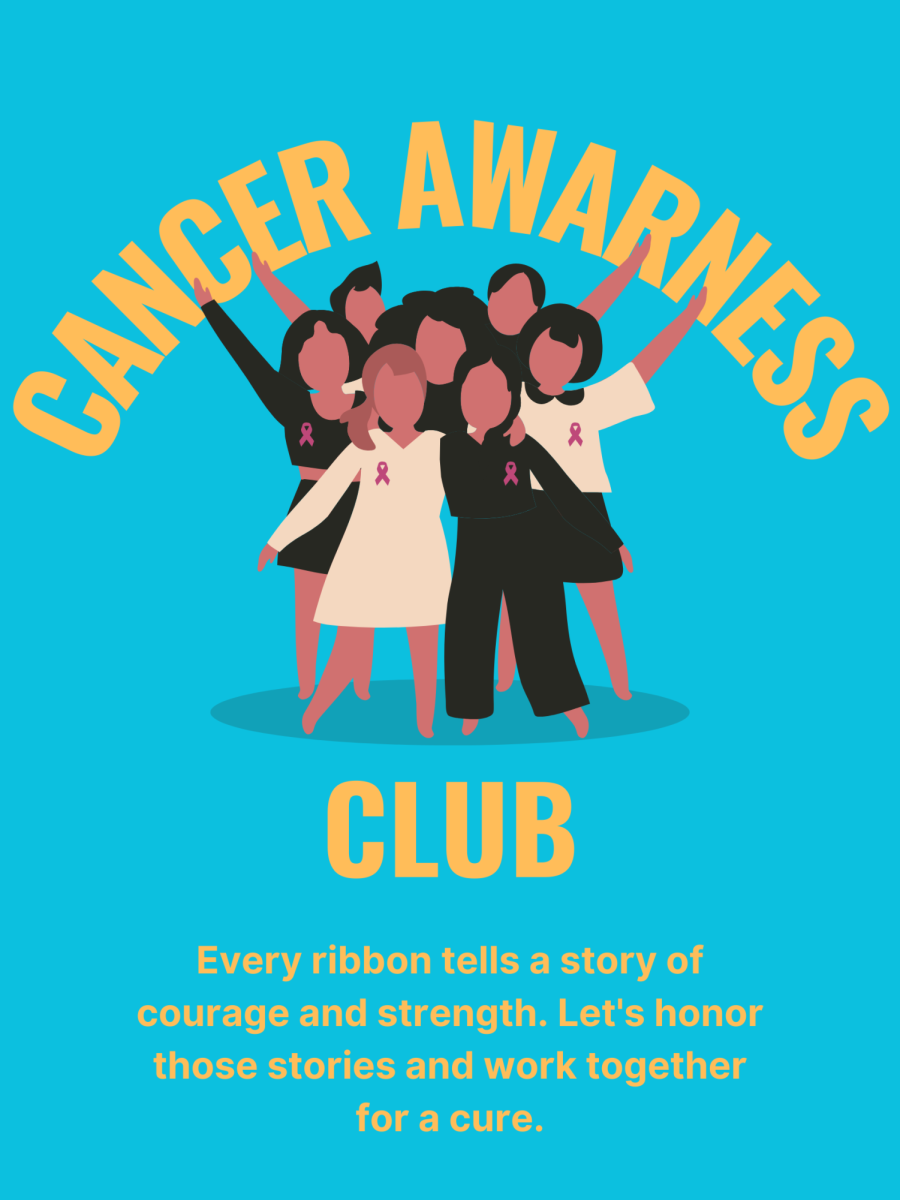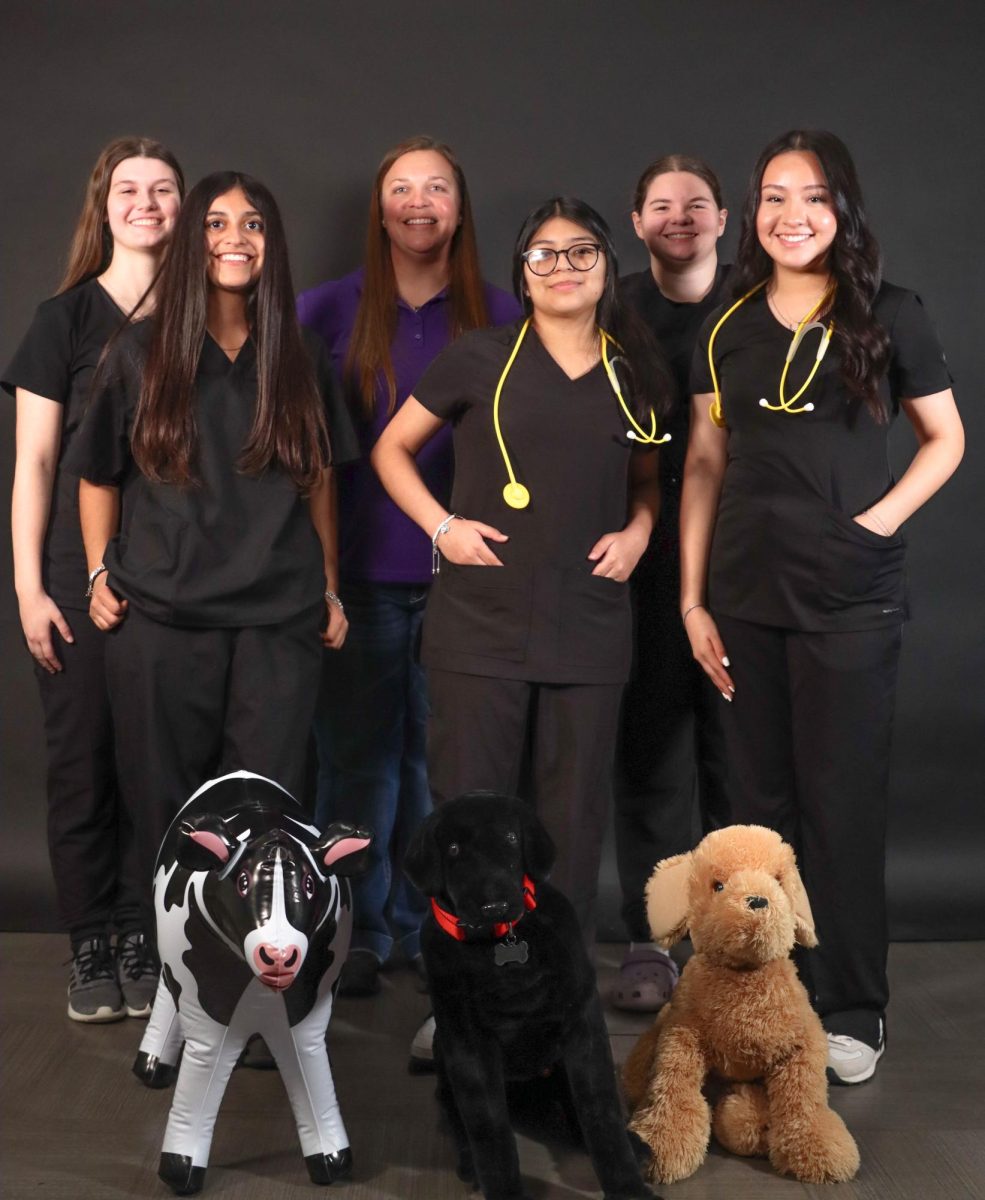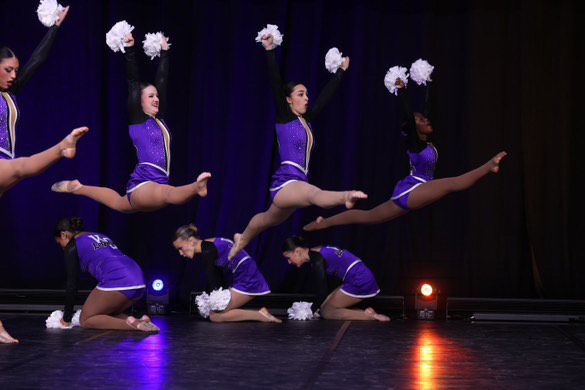You’re sitting in a free period, blinding lights creating a pulsing headache for the fourth day in a row, stress-reading the ninth article of the day. This is the life of many freshmen here at Klein Cain.
“The workload of an AP class is kind of unexpected since it’s my first AP class,” Freshman Kindall Thompson said. “And sometimes, you know, instead of going to after-school rehearsals, I have to do homework.”
Furthermore, Thompson is in the Honors Program. The Honors program allows students on a higher developmental level to take classes with like-minded students, more than likely being older than them.
“It was a choice between AP Human Geography and AP World History, and I was more interested in learning about world history than geography,” Thompson said.
Rigorous classes make time management difficult. Freshman Amour Gundecha is taking multiple AP classes this year. Last year, Gundecha took all KP classes, which ask students to research, analyze and propose solutions to real world problem, and had social media to keep up with his friends.
“I try not to be on social media as much. That does take a lot of time, so I deleted some of my social media apps and focused on what’s important,” Gundecha said.
One thing similar between the two responses was the regard to KP classes, sparking the question of whether or not they prepare for an AP class. Thompson’s response also regarded middle school specifics, highlighting the preparedness she felt coming into the class.
“I feel like it’s more on the difficult side compared to the KP class I was taking,” Thompson said. “Like, going from KP to AP workload is a big difference for me personally.”
Gundecha’s perspective on the level of difficulty was similar to Thompson’s. The simplicity that is displayed in middle school differs heavily from that in high school.
“It is definitely difficult coming out of middle school,” Gundecha said. “Because in middle school, teachers were laid back and everything, while Mr. Anselmi is on top of his grades. So, you actually have to study at home and stuff.”
These two students were the only ones who found their AP courses specifically difficult coming out of middle school. Eraj Khan and Samuel Gomez, two freshmen also taking AP courses, felt otherwise.
“This year I’m in AP Computer Science and AP World History,” Khan said. “I’m also in Key Club, Asian Culture Club, GSA, Technology Students Association, Muslim Students Association and Girls in STEM.”
Most clubs that Khan is taking require volunteer hours, monthly meetings and excess studying concepts. Khan manages well between her clubs and classes.
“It doesn’t really interact because my AP classes don’t touch my clubs,” Khan said. “I think my clubs, they’re not academic-based, so they don’t touch that much.”
Khan was inspired by her sisters to take on this challenge, both of whom took AP World History. With a good impression, she was ready for the challenge.
“Both of my sisters took it [AP World History], and they were like ‘Oh! It’s a great course,’” Khan said.
Khan’s opinion regarding the course was similar but different. She believes that the rigor is manageable and overall beneficial.
“I think it’s good that I’m throwing myself in the deep end because I feel myself getting used to it quicker,” Khan said. “For me personally, I think I made the right choice.”
Khan believes people should only take the work if they’re up for the challenge. Her schedule is increasingly busy and requires a lot of study time.
“If you’re not ready to put in the work, it’s definitely not for you. I’m doing readings every night, I’m writing essays every Friday. So, if you’re not ready to work I would not recommend this at all,” Khan said.
Donald Brunell and Joseph Anselmi, both AP World History teachers at Klein Cain High school, have freshmen in their classes. Their feelings regarding the situation were prominent and defined.
“They don’t know that they should have free time. They don’t know what that is,” Anselmi said, regarding the students in his class. “They don’t know what that means.”
Gomez, on the other hand, had a different perspective. While the rigor itself doesn’t seem to bother him too much, his sleep schedule tells a different story.
“So, I try to go to sleep, latest 2 a.m. but it’s usually around 12 a.m. and before that, for like, two hours, usually I do homework. Before that, I eat, I shower, I get ready. And then before that, marching band. And before that, I have swimming, swimming again, and then school,” Gomez said.
Gomez is both involved around the school and taking AP World History and AP Computer Science. He found himself interested this year, which is unlike any other history class.
“Usually social studies, I find that, like, it really bores me, but world history, it’s completely different,” Gomez said.
Further, Gomez finds the rigor to be up there, but with an engaging class, he can tend to complement it. His teacher is a contributing part of this.
“It’s really rigorous, it’s pretty tough, but it’s really interesting. I have Mr. Brunell, he’s a really good teacher,” Gomez said.
Anselmi’s perspective on the freshmen was the opposite of the freshmen themselves. Many different opinions came from both of them, but all had the same point.
“I have not forbidden or stopped students from joining my class. In fact, Klein ISD precludes us from doing that,” Anselmi said.
Similarly, Brunell’s opinion regarding freshmen was overwhelmingly negative towards taking his class. AP Human Geography, another course offered to freshmen that covers how the human aspects of geography coalign with the world, is one that most freshmen should lean towards.
“I have requested that they not take this class. There is an AP level class through AP Human Geography, I think is better suited for freshmen,” Brunell said.
Although they cannot stop freshmen from joining, they do have advice for them, which falls under a specific lining: do not take this class earlier than you need to.
“So, I have not forbidden or stopped. However, I do not encourage freshmen to take this class,” Anselmi said.
Brunell was stumped, questions circled through his head when he was made aware that freshmen were taking multiple AP classes. His pause in the conversation is significant to note, the shock took him back.
“The best advice I would give is have them sit down with the counselor, have them sit down with their parents and kind of figure out why they’re taking multiple AP classes and if they are ready for those multiple AP classes,” Brunell said.
Finally, Brunell came to his conclusion regarding freshmen in general taking an AP course.
“I guess our question is: Are you taking it because you’re interested in the subject or do you just want the advanced credit?”








